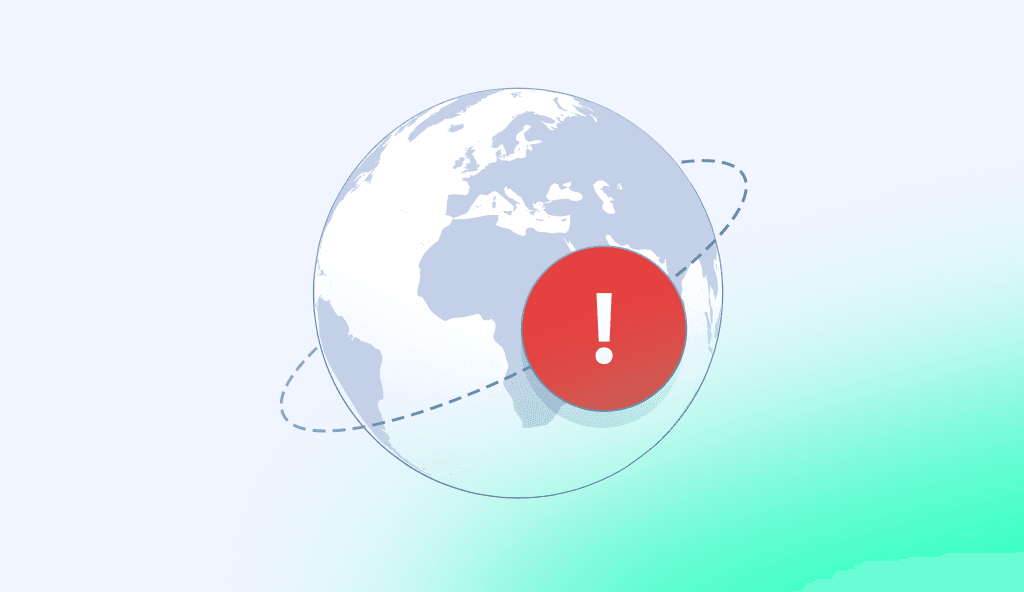- Nov 07, 2024
- < 1 min read
Ask Sumsubers: Which countries are least protected against fraud, and why?
Sumsub keeps getting questions from our followers about the specifics of regulatory compliance, verification, automated solutions, and everything in between. We’ve therefore decided to launch a bi-weekly Q&A series, where our legal, tech, and other experts answer your most frequently asked questions. Check out The Sumsuber and our social media every other Thursday for new answers, and don’t forget to ask about the things that interest you. This week, join Julia Andreeva, our Product Marketing Lead, as she tells about countries least protected against fraud. Follow this bi-weekly series and submit your own questions to our Instagram and LinkedIn.
Relevant articles
- Article
- 1 week ago
- 9 min read
Discover how airlines prevent fraud through biometric boarding, identity verification, and AI-powered detection, and how to stay protected from trave…

- Article
- 3 weeks ago
- 20 min read

What is Sumsub anyway?
Not everyone loves compliance—but we do. Sumsub helps businesses verify users, prevent fraud, and meet regulatory requirements anywhere in the world, without compromises. From neobanks to mobility apps, we make sure honest users get in, and bad actors stay out.


